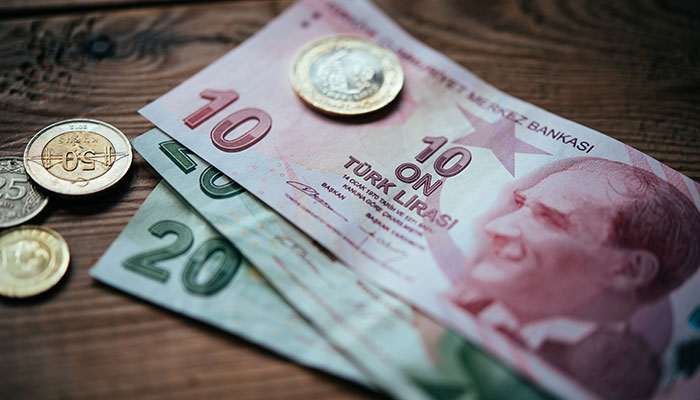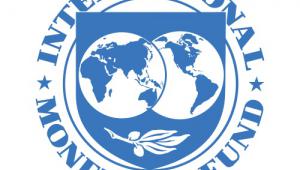IMF executive directors also emphasised that the Turkish central bank should move to protect the depreciated lira amid “high and rising inflation” and “intensifying external pressures”.
Turkey’s economy took a downturn following the attempted coup in July 2016, which also further weighed on tourism revenues that were already falling after terrorist attacks in the country.
In addition, Turkey continues to contend with insecurity and conflicts within and beyond its borders, and the influx of refugees from neighbouring Syria.
According to the World Bank, these saw the country’s GDP plunge by 2.7% in the third quarter of last year, compared to 6.1% in 2015, following the attempted coup and its aftermath – its largest drop since 2009.
While IMF directors said Turkey had maintained resilience in the face of severe challenges, they highlighted the substantial deficit in its current account and “underscored the overarching priority of rebalancing the economy through policies aimed at increasing domestic savings and raising potential growth”.
The government upped spending last year, with a rise in the minimum wage and related spending, hiring in the education and health sectors, and increased security needs.
Turkey has the budgetary space for this, IMF directors conceded, but they advised tighter fiscal policy would be needed to bring the current account deficit down and lower inflation.
Growth is expected to remain “below potential”, at an estimated 3.5%, while the IMF said inflation would stay at well above its target after hitting 9.2% annual growth in January.
“Directors emphasised that the authorities should remain vigilant and tighten monetary policy to address sharp lira depreciation, contain high and rising inflation and counteract intensifying external pressures,” the fund said.
The Turkish currency tumbled to an all-time low in January – 3.93 lira to the dollar – marking a 12% depreciation since the state of the year amid concerns around the president Recep Tayyip Erdoğan’s efforts to cement his power and the terrorist threat.
In its quarterly update on the Turkish economy published last week, however, the World Bank said it was expecting Turkey to rebound in 2017, although it predicted lower growth overall at just 2.7%.
Johannes Zutt, World Bank country director for Turkey, explained public spending and growing exports looked set to drive growth this year.
“Strengthening growth in the European Union will help increase exports, while subdued private demand will constrain import growth,” he said, a trend that would help level out Turkey’s current account.
A recent note from analyst firm Capital Economics, however, said consensus growth estimates for Turkey in 2017 were “far too optimistic”.
The firm’s analysts, Neil Shearing, William Jackson and Liam Carson, wrote that the lira was likely to depreciate, depending on moves from the US Federal Reserve, which would in turn exacerbate Turkey’s high inflation rate.
“All told, we see GDP growth of just 1.8% in 2017 and 2.5% in 2018, both of which are well below the consensus,” the note said.
“A likely attempt to introduce a presidential political system next year could spook investors. And we remain concerned about banking sector risks following the past decade’s credit boom.”














